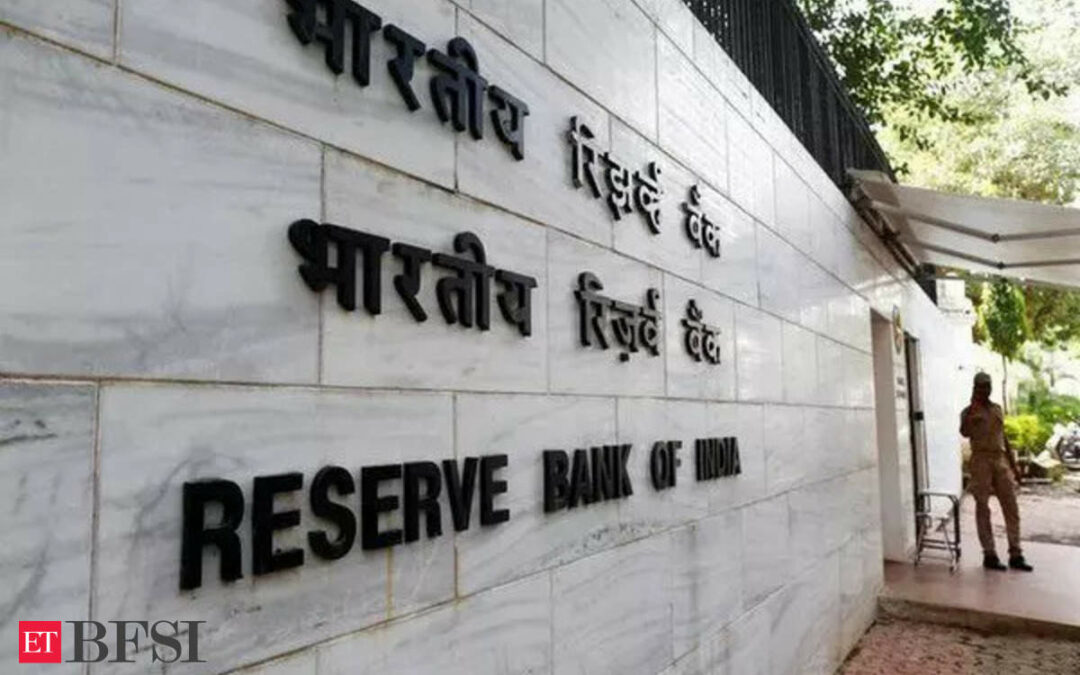Banks are in a fix over the latest regulation from the Telecom Regulatory Authority of India (Trai) that mandates digital consent for sending commercial communication.
Lenders have reached out to the government, seeking clarity on whether consent is needed even for sharing transaction details, a practice currently followed as per Reserve Bank of India (RBI) guidelines, people familiar with the development told ET.
“We have brought some issues to the government’s attention so that there is no discrepancy between existing regulations. The government’s aim is to curb cyber fraud and issues around it need to be resolved for faster implementation,” said a bank executive, adding that lenders discussed the issue internally last month before approaching the Centre.
The move comes after last month’s finance ministry directive asking banks to take necessary steps to onboard the Digital Consent Acquisition (DCA) system and follow Trai guidelines, which aim to curb the menace of spam through unsolicited commercial communications (UCC).
As per the latest Trai guidelines, the existing consents acquired through alternative means shall be rendered null and void, and fresh consents will have to be sought by all principal entities, including financial institutions, through digital means only.
Additionally, lenders have requested special prefixes for numbers used to call customers. Currently, the 160 series is allocated for service calls made by entities regulated by financial sector regulators, including RBI, Sebi and Irdai.
“Also, we have to obtain digital consent annually, and it will be a cumbersome process,” another banker said, adding that banks will prefer a special prefix as opposed to a common series allocation.
In May, the Department of Telecommunications (DoT) allocated a separate 10-digit numbering series starting with 160 for service and transactional calls made by the government, regulators and financial entities.
The DoT has designed the 10-digit number series in such a way that telecom subscribers can identify the calling entities, the telecom operator and the place of origin.
As per the latest government data, around 7 million mobile connections involved in cybercrime or financial frauds reported through digital intelligence platforms have been disconnected so far.












